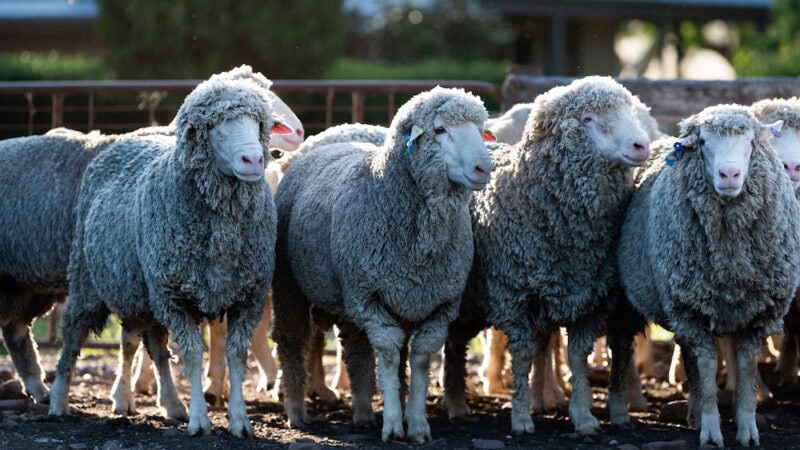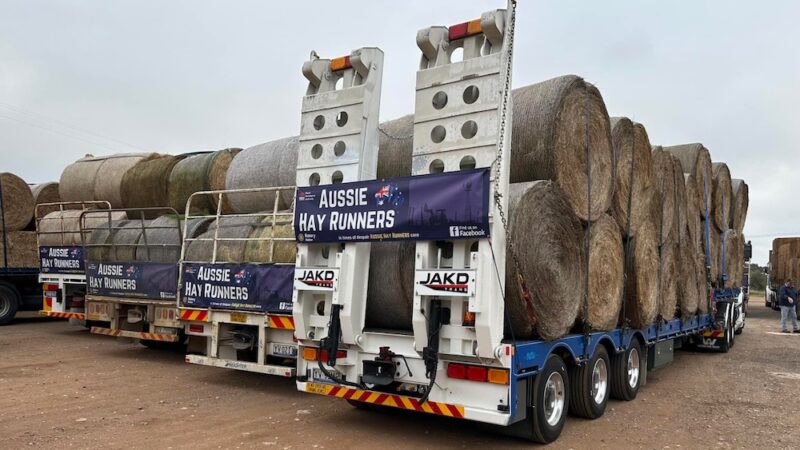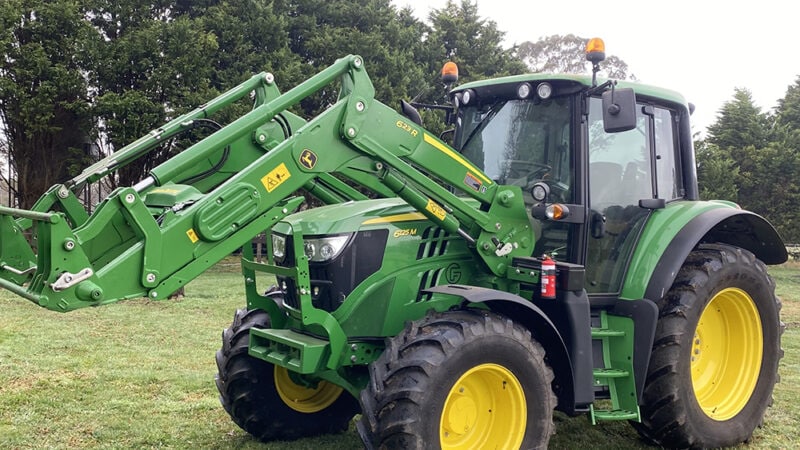Farmer Wants a Wife auditions are back.
Libraries are keeping communities alive

Most people in the Central West town of Tullamore carry a key to an exclusive club. It�s a venue that�s open 24 hours a day, seven days a week. The key in question fits the door of the local library providing the Tullamore locals with access whenever they need a new book, video, audiobook or just a quiet place to sit and use the Internet.
At last count Tullamore had a population of 210 and the Central West wheat belt town has the distinction of having one of the few unmanned, around-the-clock libraries in the world. There are a few others like it in Germany and Japan, but in Australia, it is tiny Tullamore at the forefront of library innovation.
In fact, this �club� reflects a quiet revolution building momentum in Australia � one where libraries are keeping communities alive.
The new bookworm
As reading habits have changed, libraries have had to adapt to an evolving �new normal�. No longer is the library a place inhabited by a stern librarian who demands total silence, shushing those who dare to even whisper. No longer is it just a place filled with books. This new breed of library is more a central meeting place, business incubator, research centre, and source of new media by way of DVDs, videos, e-books, audiobooks, courses and events.
Jan Richards, AM, manager of Central West Libraries is based in Orange. She has presided over the changing face of libraries in rural and regional areas in recent times.
�Libraries are still very much alive and vibrant while many other things in country towns have gone. In many towns the banks, post office, bookshops and many other services have disappeared. And so in some cases libraries have had to fill the gap they�ve left,� she says.
Richards says libraries are going through a constant process of change and the COVID-19 crisis has shown the adaptability of the services offered.
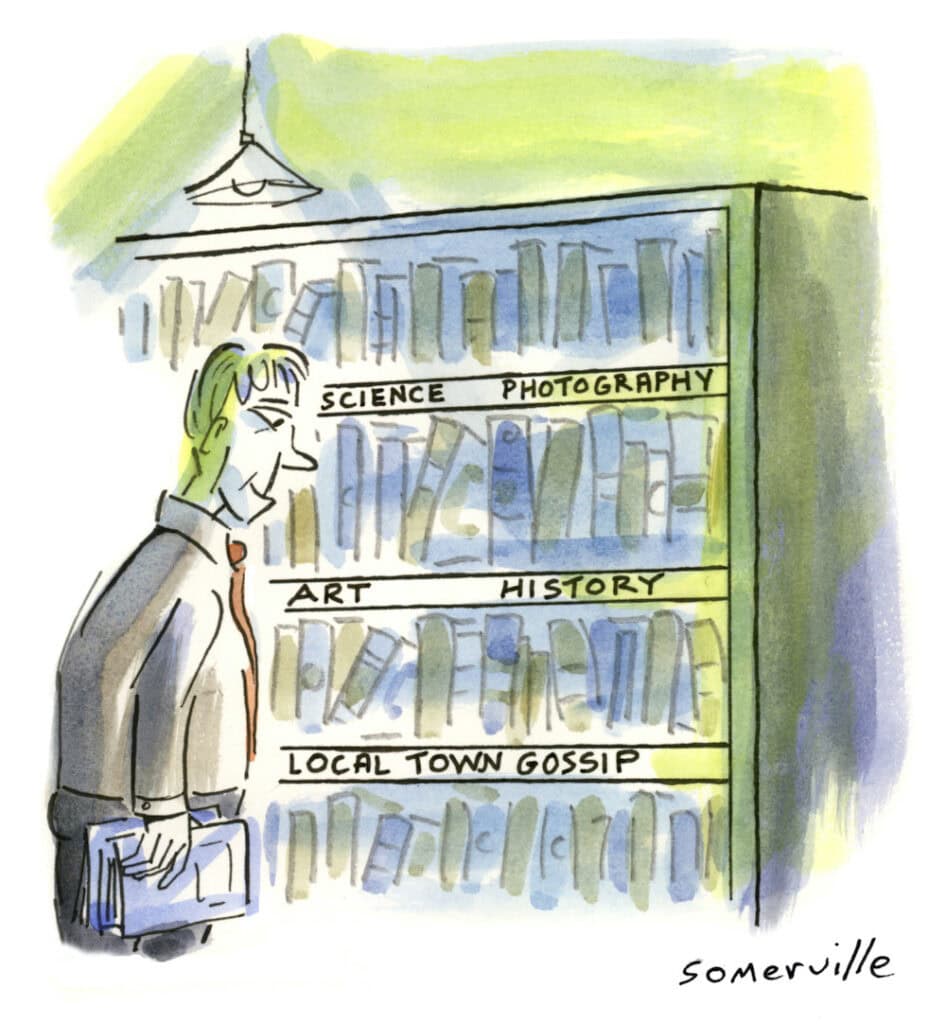
Throughout rural and regional areas for instance, libraries have been operating �Storytime� book reading sessions for children. Conducted online, this service allows isolated families the opportunity to join in. �All of the staff are now actors and narrators,� Richards says. �It�s a great program helping to develop literary skills and a love of reading.�
According to Richards, it�s not just the children who dial in for stories. �Audio books are now provided on-line and we find many farmers and truck drivers are downloading these books as they�re able to listen to them while working and driving. Often farmers and drivers spend many hours alone while working and this is a great way to fill time and have some company.�
Libraries of the future
Over the past three years, global software company Civica has been surveying libraries and working with librarians to build a picture of the library of the future. The company, which specialises in building the software that improves public services, sees a role for new technologies such as Artificial Intelligence (AI) in the creation of new library services.
�The public libraries of the future will continue to connect people with people, and patrons who seek out personal connections with their librarians. Artificial Intelligence will help to facilitate this by targeting different customers for different events and displays, and by sending the right information to the right people,� says Ian Finlayson, Civica�s Managing Director, Libraries & Education.
The Civica team surveyed library staff and library managers to get their take on where the changes were required in order for libraries to remain relevant. The vast majority of those surveyed believed that the library was a venue for the showcasing and access of new technologies for the community. WiFi, digitisation of books and other materials, availability of e-readers and audiobook listening applications, and access to the internet are but a few of those technology advancements.
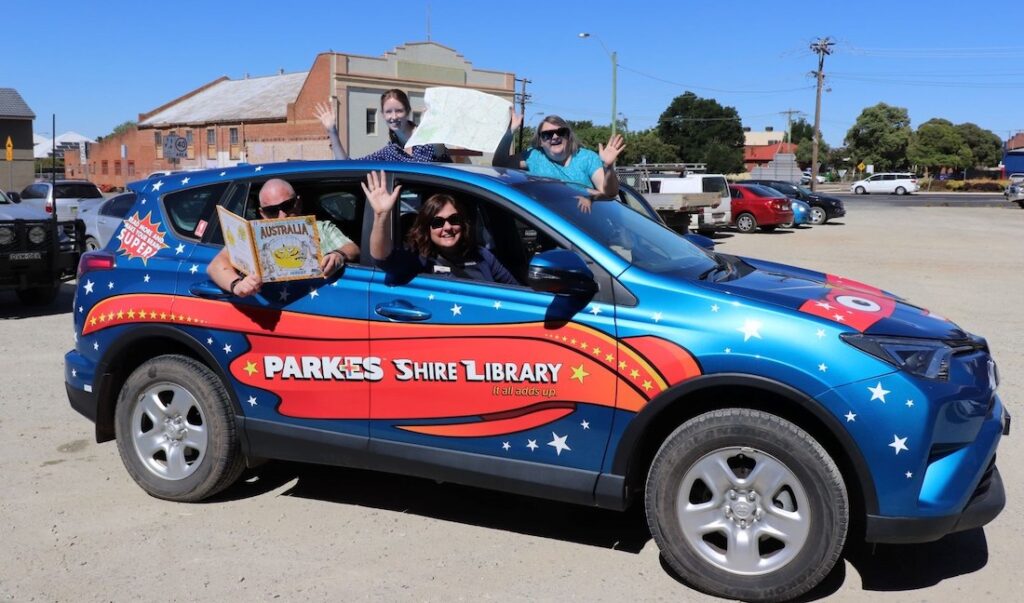
In many rural centres library provides work spaces for people who are looking to start new businesses, providing them with computers and WiFi access to enable research and communication � vital processes in kicking off a new enterprise. The availability of such services is also a key factor in attracting small businesses to rural centres.
Civica�s research also identified the importance of libraries to rural and remote communities, now and into the future, as having the facilities and the ability to keep communities connected. The vital role of disseminating community based information and the position of the library as a central community gathering point was also strongly identified.
Richards says that this has largely been achieved with rural and remote library services getting strong government support through funding.
�There is a huge misconception that rural areas are poor cousins to urban centres in terms of library services, and it�s to the contrary,� Richards says. �We have received additional funding over and above metropolitan libraries from the NSW Government so that we can do new things and provide additional staff, content and services.�
Richards commented that new technology has not meant that libraries are getting rid of their core product. Hard copy books are still in strong demand despite the increasing use of online services.
Horses for courses
Robbie Egan, CEO of the Australian Bookseller Association, believes that one positive outcome from the COVID-19 pandemic has been that many people have returned to reading. While he admits there are less bookshops in the regions than there used to be, those that remain open are doing well.
Egan says booksellers have been through tough times like many small businesses in rural and remote areas. The bushfires and now COVID-19 have been devastating for many. He says he knows of bookshops on the NSW South Coast which have lost up to 70 per cent of their business despite adopting innovative sales and delivery techniques. �Staff have been riding bikes to deliver books to customers and creating roadside pickup stations to ensure social distancing,� he says.
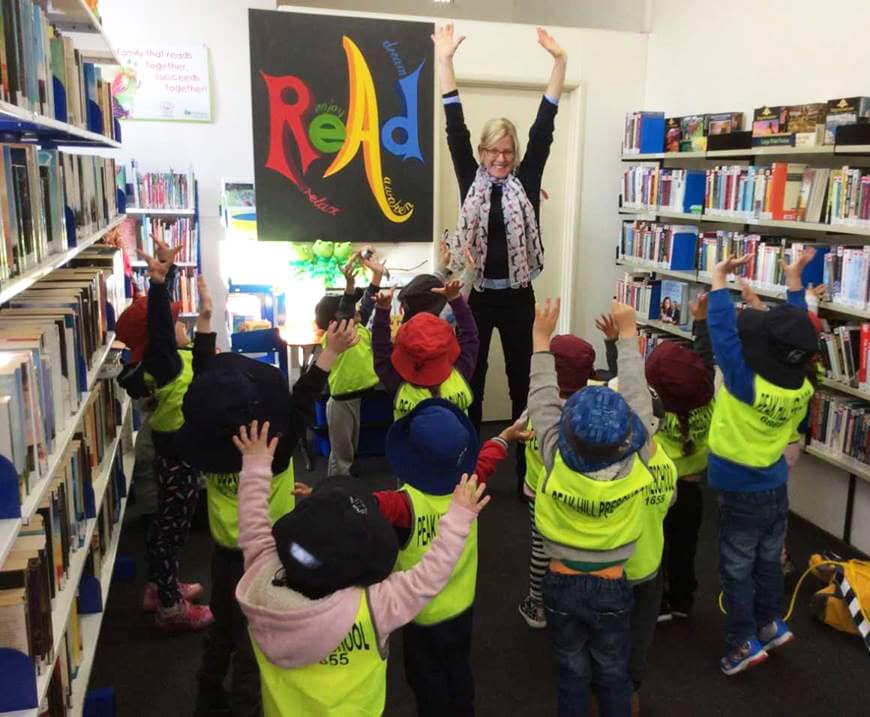
Robert Knight, OAM, Executive Director of Riverina Regional Library, says that libraries, especially those in rural and regional areas, are the masters of re-invention.
�Since the 1980s it has been predicted that libraries will disappear,� Knight says. �They said e-books and digital books would end the need for libraries and that in the new technologically-focussed environment libraries were irrelevant. But libraries have been re-invented and are now community hubs. Tullamore in Parkes Shire is a case in point where everyone in town has a key to the library. There has to be a very high level of community trust to provide a 24-hour unmanned library.�
Some of the libraries he oversees are now running a diverse range of courses including one on the uses of the Internet for older residents. One library even has a STEM program with robotics that is attracting young people back to the library.
Knight also points out that libraries are catering for diversity within the community. �In Wagga there are more than 100 different language groups and having facilities for conversational language helps to integrate these people.� He adds that providing a connection point for people whose first language is not English can help break down the feelings of isolation.
With more than 92 book clubs in the Riverina region, and a growing number of e-resources available such as movies, magazines, newspapers and of course books, Robert Knight believes the library service is alive and well in rural and regional NSW. In fact, many people like Robert can see that libraries are keeping communities alive.
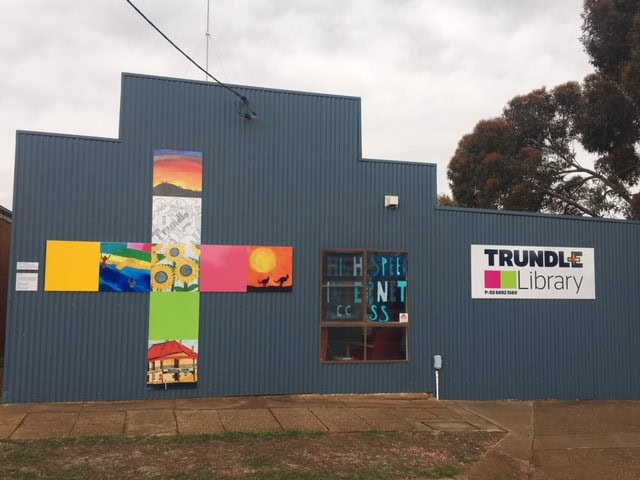
If you enjoyed this story, you might like this one on Canola fields encouraging tourists to small communities in need of visitors: Canola fields a blooming tourist drawcard





